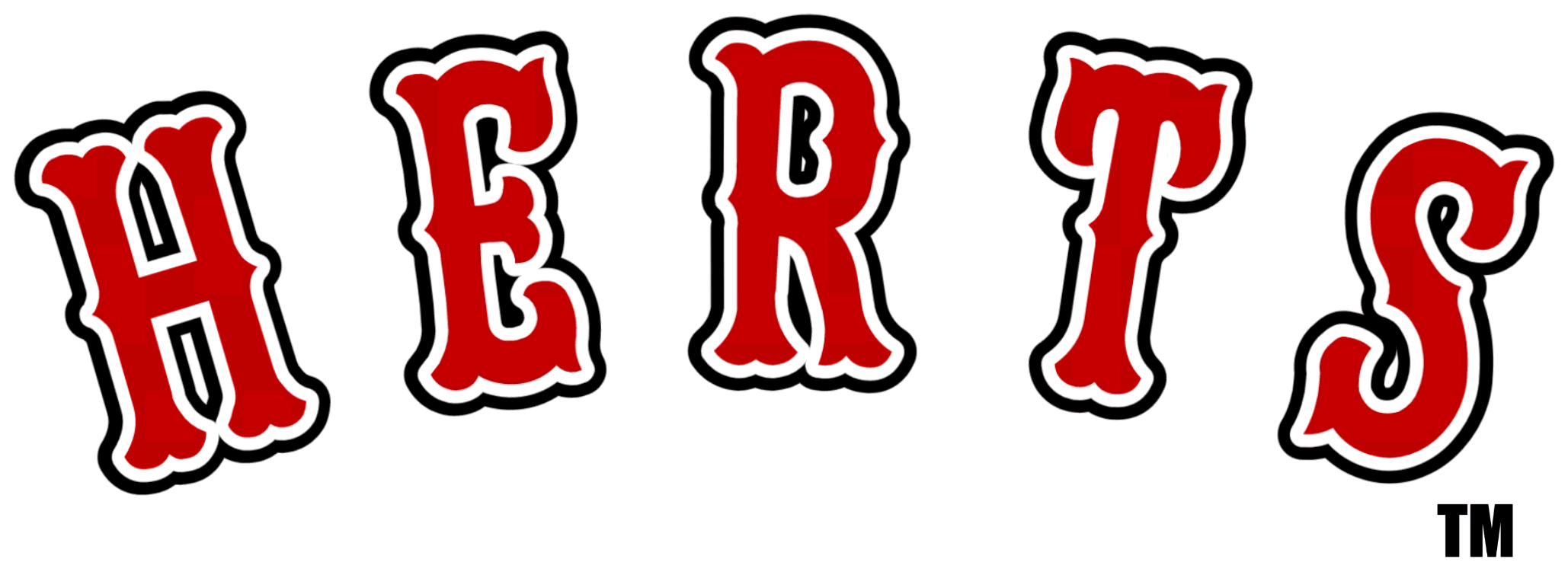
We recently reported that 10 Herts players have progressed through to the next stage of the GB U19 and U16 Team selection process. We all know of the club-vs-country struggle in football and in other sports. With so many of its young players involved in the GB teams, Herts Baseball Club faces a similar dilemma. On one hand, the success of Herts players at international level has a very positive effect on the club and its players and Herts is always eager to promote and support that effort. On the other hand, Herts coaches are likely to miss so many players this season due to international call-ups that it is bound to have a detrimental effect on the teams and the domestic youth and senior leagues as a whole. It is an issue which was raised by Herts delegates at the recent BBF Annual General Meeting in the hope that the GB programme can co-ordinate with the British youth and senior Leagues in the same way as FIFA and UEFA co-ordinate the world and European football calendar with the domestic leagues, setting aside a fixed number of weeks over the course of the season for international call-ups.
In British baseball the ideal time for GB U19 and U16 call-ups is during the winter months of November, December and January and from the middle of July until the end of August when the youth leagues take a break coinciding with the school summer holidays.
The GB coaching staff is under pressure to produce results on the international stage and it is understandable that they would want to call up the players for games and training sessions as often as possible, but there is a risk that this could be to the detriment of the domestic leagues. Such imbalance could produce results for GB in the short run but the destructive effect on the domestic leagues could mean that the stream of talented players coming through the clubs into the GB programme will eventually dry up and in the long run both the domestic game and the GB programme could suffer.
The majority of British clubs cannot compete with the GB programme in terms of coaching and this would suggest that the top talent could benefit from being with the GB team on a permanent basis, however this would destroy the domestic game in the long run as teams cannot exist without a backbone of players. The solution must surely be to find the right balance when creating the co-ordinated international and domestic calendar and at the same time take measures to achieve an improvement in coaching standards across all clubs. Clubs like London and Herts are two good examples of clubs aiming to be on a par with the GB programme in terms of coaching and improving players.
The Herts U17 team, for instance, managed by Cris Hiche has a team of 5 assistant coaches covering all aspects of the game, including a fully qualified strength and conditioning coach. Additionally, the team benefits from contribution from Herts Falcons NBL players who run clinics and pass on additional value to the young Herts players. The team has the coaching expertise and is aiming to produce the next generation of NBL players for Herts and national team players for Great Britain.
If the GB programme and the BBF leagues can find a way of supporting, or even incentivising, all clubs to create a similar high quality coaching setup and a good environment for developing players, Britain would be able to enjoy a thriving domestic league and a greater number of players who can compete on the international scene.
The role of the GB programme would then become one of “selection of players” rather than “creation of players from scratch” – an enviable position which established sports such as football, rugby and cricket enjoy in this country.

